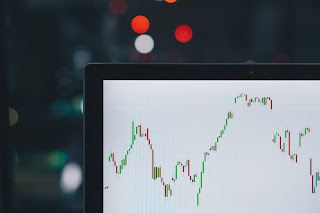Impact of Coronavirus on S&P 500 compared to other historic crashes

There is no doubt that 2020 was a tumultuous year for investing as panic set into the markets and volatility continued for the rest of the year and into 2021. But how does it compare with other great crashes from history? There is good or bad news when looking at the S&P 500, depending on your view of the market. Looking at the trends, the falls were some of the sharpest in history, but the recovery has been the quickest when compared to the most famous crashes in the market. Specifically looking at the initial crash lows across the first 180 trading sessions: Great Depression of 1929: the worst with a 40-45% drop Black Monday 1987: a 30-35% drop Dot-com crash 1999: a 10-15% drop Great Recession 2007: a 15-20% drop Coronavirus 2020: a 30-35% crash, but the fastest and sharpest drop of all So, taken in context the 2020 shock was the fastest and most dramatic, even if the Great Recession saw more gloom over the 180 trading sessions. In terms of the recovery, 2020 was...
